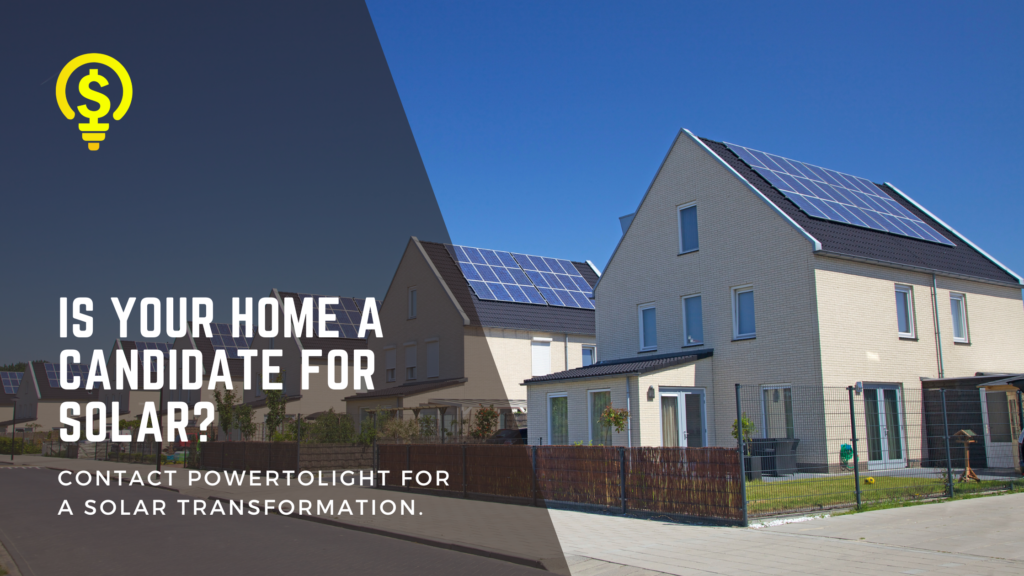
Introduction:
The surge in solar technology has brought about a significant shift in how homeowners think about energy. But a key question remains: Is your home a candidate for solar? This article delves into the factors homeowners should consider to determine if their property is suitable for solar installations.
Content:
Location: A Key Factor
The geographical location of a home plays a pivotal role in solar energy potential. Sunlight exposure varies widely across regions. Areas with higher sunlight exposure, such as the southwestern United States, offer more solar energy potential. Homeowners should consider their local climate and average sunlight hours. Tools like the National Renewable Energy Laboratory’s PVWatts Calculator can provide insights into the solar potential in different areas.
Roof Orientation and Tilt
The orientation and tilt of a roof are critical for maximizing solar energy absorption. In the Northern Hemisphere, south-facing roofs are ideal as they receive the most sunlight throughout the day. The angle of the roof should also be considered; roofs with a tilt angle of around 30 to 45 degrees are typically optimal. However, even roofs with less ideal orientations or angles can still benefit from solar technology with the right setup.
Shading and Obstructions
Shading from trees, buildings, or other structures can significantly impact the efficiency of a solar panel installation. Homeowners should assess the amount of shading their roof receives during different times of the day and across seasons. Even partial shading can reduce the output of solar panels. Newer technologies, such as microinverters or power optimizers, can help mitigate the effects of shading by allowing panels to operate independently.
Roof Condition and Space
The condition of the roof is another crucial consideration. Older roofs or those in need of repair may not be suitable for solar panel installation until they are fixed or replaced. Additionally, the available space on the roof influences the size and layout of the solar panel system. A larger, unobstructed roof space allows for more panels and, consequently, higher energy production.
Home Energy Efficiency
Before installing solar panels, homeowners should evaluate and improve their home’s energy efficiency. Upgrading insulation, sealing leaks, and using energy-efficient appliances reduce overall energy consumption, making solar installations more effective and economical.
Local Regulations and HOA Guidelines
Local building codes, zoning laws, and homeowners’ association (HOA) rules can affect solar panel installations. Some areas may have restrictions on the size, placement, or aesthetics of solar panels. Homeowners should research and comply with these regulations to avoid legal issues.
Conclusion:
Determining if a home is a suitable candidate for solar involves assessing several factors, including location, roof characteristics, shading, and local regulations. While challenges exist, advancements in solar technology and increasing affordability make solar a viable option for a growing number of homes. Homeowners considering solar should conduct a thorough assessment or consult with a solar energy expert to make an informed decision.
